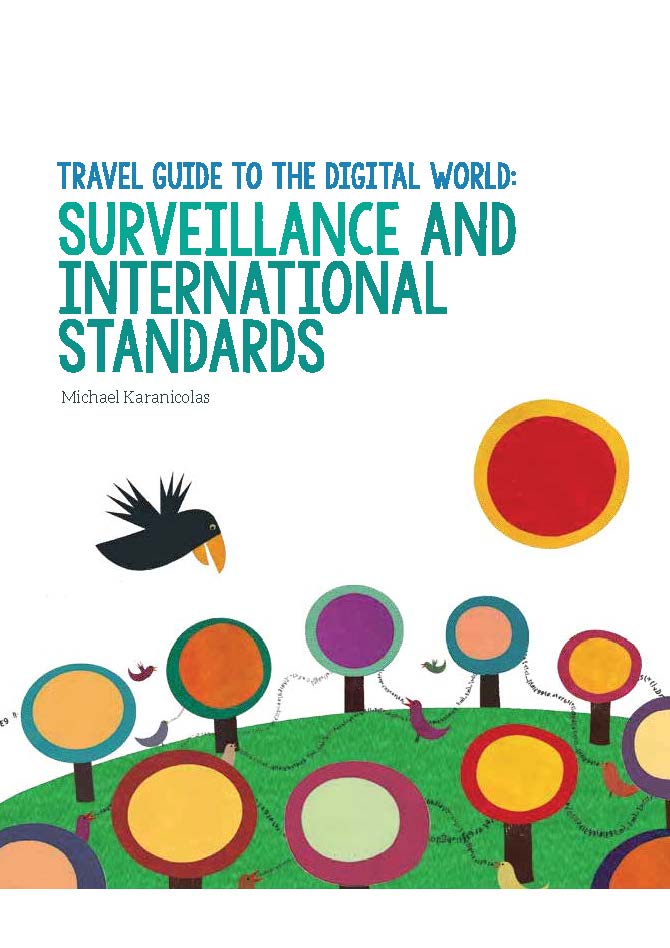Travel Guide to the Digital World: Surveillance and international standards
It is always advisable to do some research before you embark on a trip. A wise traveller will understand their destination before they depart, paying particular attention to any potential security concerns. It may seem strange to apply this advice to the internet, because most people reading this guide will feel a sense of familiarity, even intimacy, with the online world. Yet, as the ongoing disclosures by Edward Snowden about surveillance from June 2013 have demonstrated, there is more to the online world than meets the eye. It is important to try and understand how surveillance works online, and what privacy and anonymity really mean in a digital context.
This guide offers a survey of the digital surveillance landscape, aimed at a non-technical audience. Chapter One provides a summary of the surveillance practices carried out by different governments, as far as is known. This includes a particular focus on the Five Eyes programmes, here our knowledge has been significantly enhanced by Edward Snowden’s revelations. Chapter Two goes on to discuss international standards of freedom of expression and the right to privacy, and their implications in the context of online surveillance. Chapter Three examines ongoing and future debates about surveillance and how the internet is changing as a result of emerging understandings of this subject.
